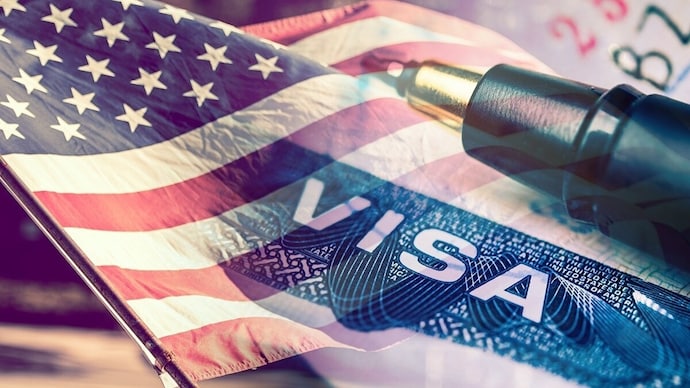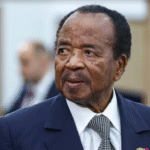The United States government has quietly removed Mali from its Visa Bond pilot list.
It was gathered that the U.S. State Department deleted Mali from the visa bond pilot list on October 23, the exact date the financial guarantee—ranging up to $15,000—was set to be enforced for Malian B-1/B-2 visa applicants.
This policy reversal followed the Malian government’s immediate imposition of reciprocal visa bond requirements on U.S. nationals.
The visa bond pilot list, established under a temporary final rule, targets countries with high visa overstay rates, insufficient screening processes, or citizenship-by-investment schemes.
It requires certain applicants for B-1/B-2 (tourist and business) visas to post a bond as a guarantee of their timely departure from the U.S.
Mali was added to this program on October 8, 2025, alongside Mauritania, São Tomé and Príncipe, and Tanzania. The criteria for inclusion meant that Malian citizens, if approved for a visa, would have faced mandatory bonds of $5,000, $10,000, or $15,000.
However, the subsequent removal from the U.S. Mali visa bond list means that Malian applicants are no longer subject to this requirement.
Mali’s response to the initial U.S. designation was swift. Citing the principle of reciprocity, the Malian Ministry of Foreign Affairs and International Cooperation announced that it would impose identical financial bond conditions—up to $10,000—on U.S. citizens seeking entry into Mali.
This retaliatory measure placed immediate travel hurdles on American business and tourist visitors, pressuring the U.S. government to reconsider its position.
Malian government said in a statement: “The Ministry of Foreign Affairs and International Cooperation of the Republic of Mali has taken note of the implementation by the United States of America, starting from October 23, 2025, of a pilot visa bond program for Malian nationals eligible for a business or tourism visa of types B-1/B-2, and the payment of a bond of five thousand (5,000) or ten thousand (10,000) American dollars for the issuance of said visa.
“The Ministry, while taking formal note of this measure, deplores the unilateral decision of the American Government which undermines the provisions of the Agreement relating to the establishment of the long-term multiple-entry visa between the two States, which entered into force on April 14, 2005.
“In application of reciprocity, Mali decides to establish an identical visa program, imposing the same conditions and requirements on American nationals as those applied to Malian citizens.
“The Ministry recalls that Mali has always cooperated with the United States of America in the fight against irregular immigration, in respect of the law and human dignity.
While Mali has been exempted, the overall visa bond pilot list continues, currently affecting nationals from six other countries: Mauritania, Sao Tome and Principe, Tanzania, The Gambia, Malawi, and Zambia. The program is set to run for one year, through August 2026.
Meanwhile, the development came after the United States government authorized the departure of non-essential diplomatic staff and family members from Mali, citing escalating security concerns.
In a statement released Friday, the U.S. State Department said it “cannot offer routine or emergency services to U.S. citizens outside of Bamako due to safety risks,” maintaining its Level 4 “Do Not Travel” advisory for the West African nation.
“Persistent and unpredictable disruptions of available gasoline and diesel supplies are impacting cities throughout Mali, including Bamako,” the embassy said, adding that the shortages “have the potential to disrupt the overall security situation in unpredictable ways.”





